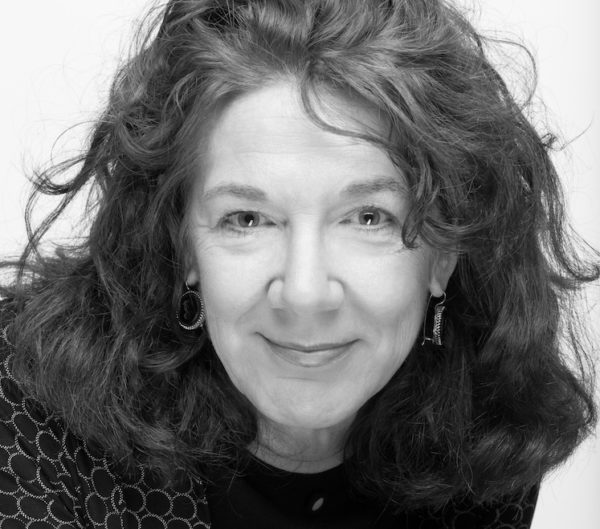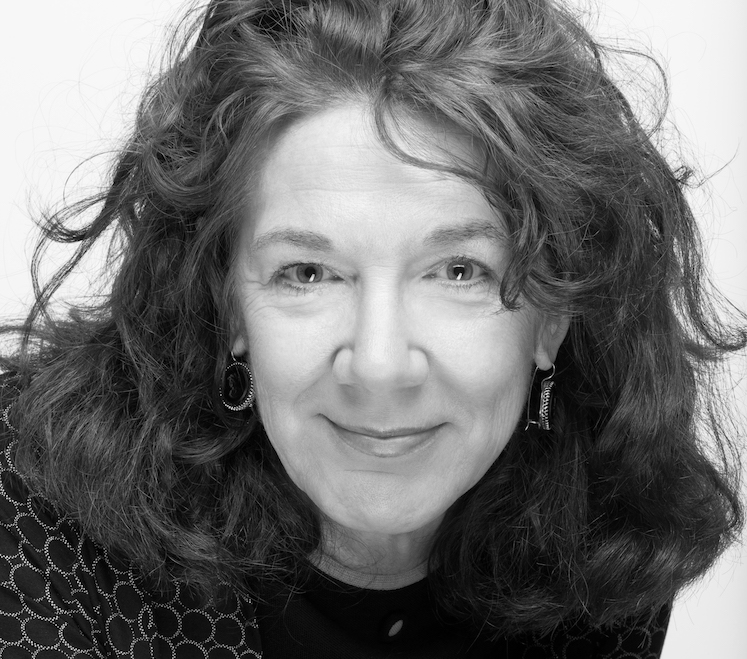
At Stanford, I cycle between states of wonderment and anxiety, academically speaking, between feeling rechristened to the world after reading a wonderful poem or novel and fearful as I watch my awe transform into a more stilled understanding after the lecture. Ramakrishna said that “given a choice between going to heaven and hearing a lecture on heaven, people would choose a lecture.” This is a quote I found in the writings of Mary Ruefle, to whom I turn when I want to be reminded of the incomprehensibility, at least when placed within the structures within which we organize our thoughts around things, of art. As she states in the introduction of “Madness, Rack, and Honey,” and reiterates in many of her other writings, “my allegiance to poetry, to art, is greater than my allegiance to knowledge and intelligence, and that stance is harder and harder to maintain in today’s world, because knowledge and intelligence form the corporate umbrella (the academy) that shelters and protects poetry in a culture that cares about other things.”
I have written about Mary Ruefle many times before, and I have also written about my reluctant feelings toward the academy and the infrastructure we use to talk about poetry and art, the latter of which has gotten me into some trouble in the past, because of course I got very lucky and became a part of the academy here. But lately, as I read “Madness, Rack, and Honey,” I have been realizing another underpinning of my outward resistance to a structure which I am very grateful to be a part of, captured in a Bachelard quote upon which Ruefle expands in the collection’s opening lecture, “On Beginnings”: “We begin in admiration and we end by organizing our disappointment.” The novelty of a thing that is beautiful or horrific begets wonder; our inevitable familiarity with that thing begets a disappointment at this loss of wonder that we cope with by turning to a more distanced organization of our thoughts surrounding the thing, which we can then admire. This process of familiarity diminishing astonishment is inevitable, and characteristic not only of academia but of all our experiences in life. Ruefle’s reframing of Bachelard caused me to realize the gravity of this ongoing process, which I did not fully understand when I thought and wrote about these things before: “Bachelard’s sentence simply says this: origins (beginnings) have consequences (endings).”
I guess we could conclude that we prefer the lecture on heaven over heaven itself because it is a choice that aligns with the ultimate lack of choice we have in our lives, falling into the inevitable path from newness to familiarity, from beginnings to endings. But, like Ruefle, I am trying to figure out methods of talking about poetry that preserve as much of this novelty as possible. I think one way of doing this is by cherishing the act of origin, the beginning which inspires awe, which Ruefle says cannot really be traced or explained because that would imply some sort of knowledge preceding the initial act of existence.
I experienced a kind of origin-wonder at 14 on a week-long school trip to a sustainable farm, where those of us who could stomach the event caught fleeing chickens by the leg with a kind of wire trapper, beheaded them, plucked them of their feathers and later ate them at dinner underneath the warm California night. I’m not quite sure where the beginning lies, but death struck me then as a kind of origin act, one of many. Mary Ruefle also writes of the death of a poet as the ending from which we can begin to truly learn from their poetry, because “the minute they are dead all of their poems about death become poems about being alive. And we are alive and can be taught something about that.”
When I first came to Stanford as a SLE student, everyone was set alive by the sensation of speaking our ideas about texts and issues and culture. I was petrified and embarrassed by my inability to explain my thoughts beyond limited descriptions of pure feeling. I felt as I had as a child, diagnosed at seven with selective mutism, unable to speak outside of my home: striving toward invisibility, frightened by the depth of the sounds that I could make. But I did not always feel that way, as I didn’t when, huddled body-tight in the Quad at the end of Band Run, the girl next to me said she liked the poetry of Ocean Vuong and I strained excitedly to make my admiration for his work and formulations of my thoughts on his themes heard over the music blaring ahead of us. It seems to me that sometimes beginnings and the act of organization are the same thing, or at least occupy the same space in time. Which is to say that the inevitability and universality of endings, the translation of wonderment into understanding, doesn’t disturb me so much anymore.
I can’t remember the first poem that ever left me breathless, which used to make me sad but now makes me appreciate how the astonishment of art has no singular beginning, how each new poem I read holds the opportunity for a renewal of wonder, in which I want to immerse myself over and over until the passage of time feels less like a passage than a wonderful opening line.
Contact Maddie Kim at mkim16 ‘at’ stanford.edu.
